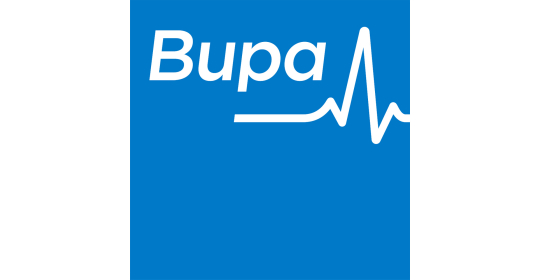Support for mental health is often built in to group protection policies (employer-sponsored life assurance, income protection and critical illness). While these policies are well-known for providing financial support when employees are unable to work due to ill-health or disability, they also increasingly offer much fuller support, including for mental health. This can include:
- An Employee Assistance Programme
- Fast-track access to counselling, or other treatment for mental health
- Bereavement support
And of course, as financial issues can be a great source of anxiety, the financial provision that’s integral to such benefits is also a great support to good mental health too.
Employees benefitting
Many employees are already benefitting from support for mental health via group protection. Indeed, mental health is the second most common reason for claims from group income protection*, with 24.1% of claims being for mental health; only marginally beaten by claims for cancer at 24.5%.
Katharine Moxham, spokesperson for GRiD, the industry body for the group risk industry, said:
‘The group risk industry is at the forefront of supporting mental health in the workplace, and the employers that utilise group protection to support the mental wellbeing of their staff are the winners. What’s more, this support is usually funded by the provider, at no extra cost to the employer or the employee. Employers looking for mental health support would be wise to put investigating group risk at the top of their list.’
www.grouprisk.org.uk
* GRiD Claims Data
The GRiD claims data survey was undertaken among its provider members and the figures are an accurate representation of the current Group Risk market in its entirety. Respondents provided figures for Group Life, Group Income Protection and Group Critical Illness claims for 2018.






